
Polarized Training Pathway
In collaboration with Dr. Stephen Seiler, the “father of polarized training,” we have curated everything you need to know about the 80/20 training method.

Coaching endurance athletes is an art, a science, and a craft.
We offer this selection of coaching-related articles, videos, workshops, and guides to help coaches begin to explore the support available for coaches through Fast Talk Labs.
Contact us with your questions, clarifications, or requests at coaches@fasttalklabs.com.

In collaboration with Dr. Stephen Seiler, the “father of polarized training,” we have curated everything you need to know about the 80/20 training method.
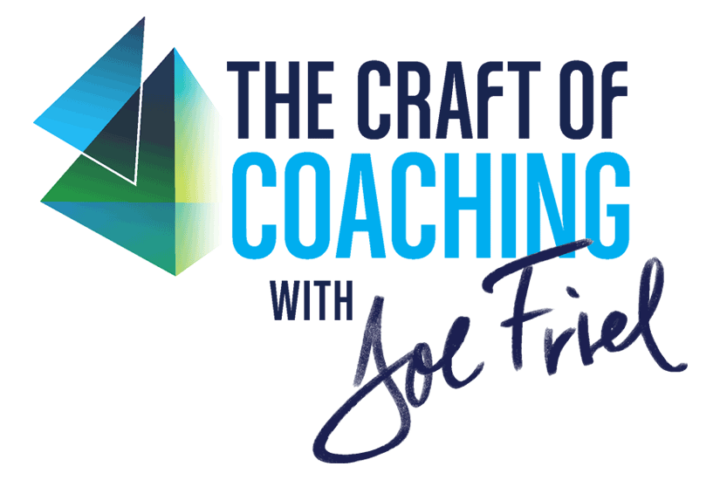
The Craft of Coaching is Joe Friel’s ultimate guide to becoming a better, more successful, and happier coach.
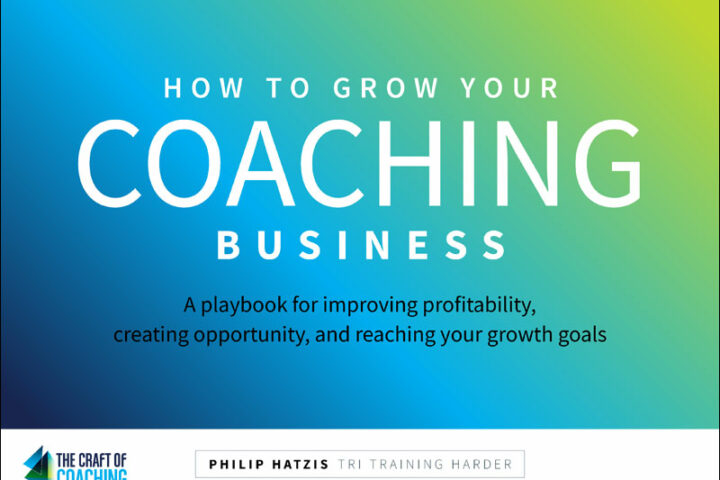
These Playbooks are free downloads that augment the useful content in The Craft of Coaching with Joe Friel through deeper dives into specific aspects of coaching.

Learn advanced data analysis for cycling, triathlon, and running workouts and races. With new data analysis tools, you can make better decisions about your training.
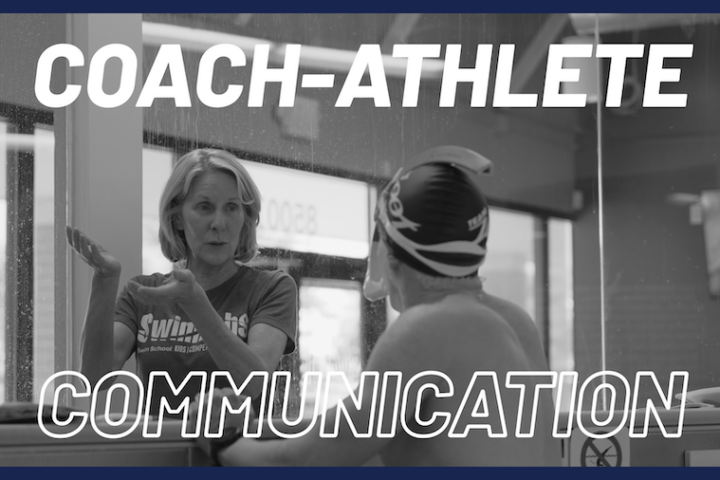
Coach Melissa Mantak prioritizes communication with her athletes above all else, particularly in the onboarding process. Find out more about the different levels of coaching she offers at The Empowered Athlete, and how communication plays out.
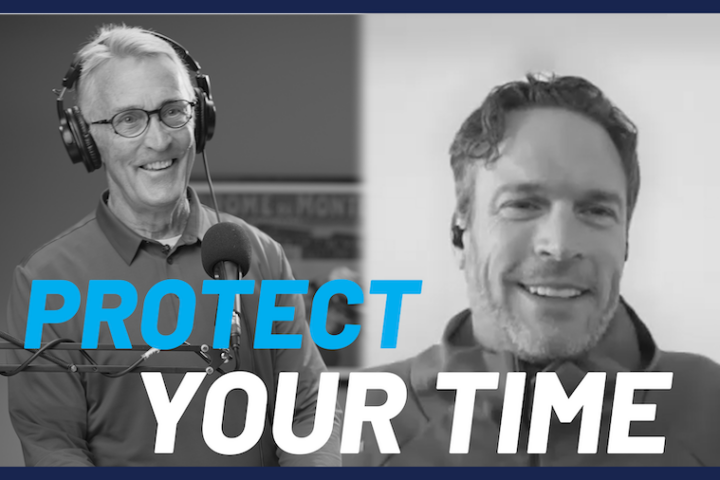
Managing athletes requires time management skills. Coach Ryan Bolton balances the needs of his pro athletes, age groupers, and a team of coaches. He talks with Joe Friel about his screening process and the groundwork that goes into a positive athlete-coach relationship.
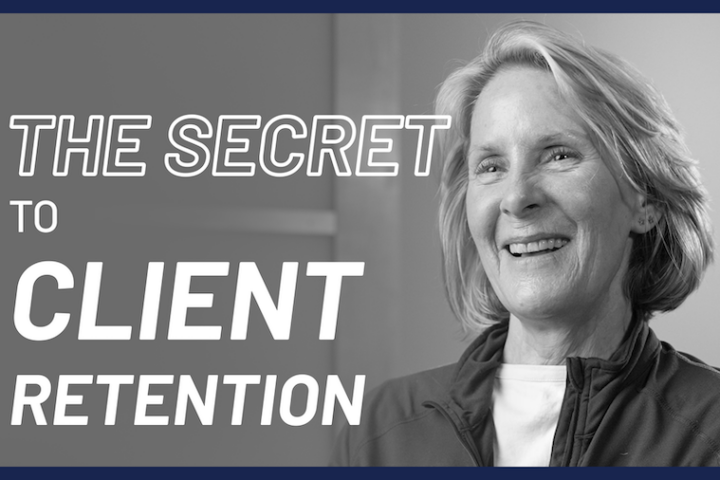
Client retention comes down to two things: 1) the athlete’s longevity in the sport, and 2) the coach’s ability to evolve with the athlete over time.
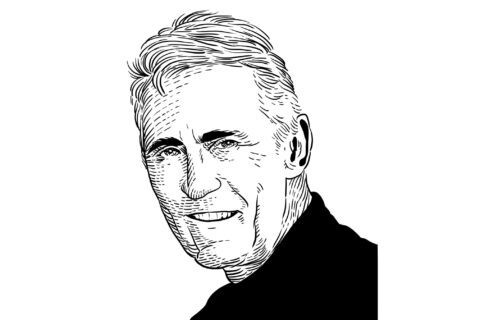
Ryan Bolton was coached by Joe Friel for the duration of his career as a pro triathlete. He reflects on what made that relationship work and the lessons he took from it in establishing his own coaching business.
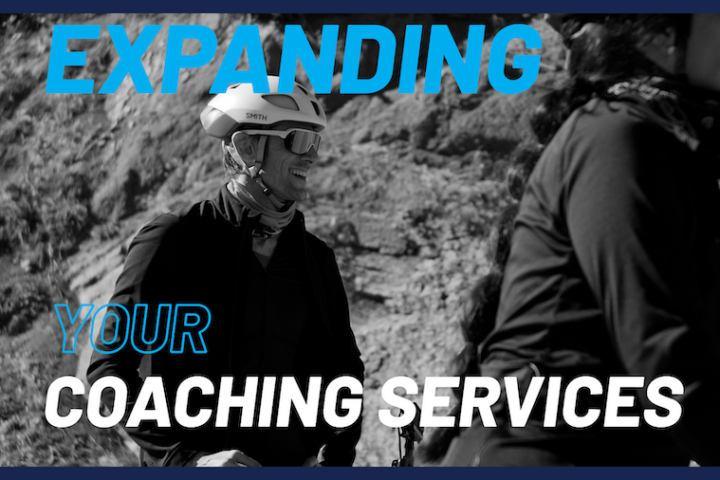
More coaches are seeking partnerships with outside experts to better meet the needs of their athletes. Find out how these partnerships work best, giving even the “maverick” coach a competitive advantage.
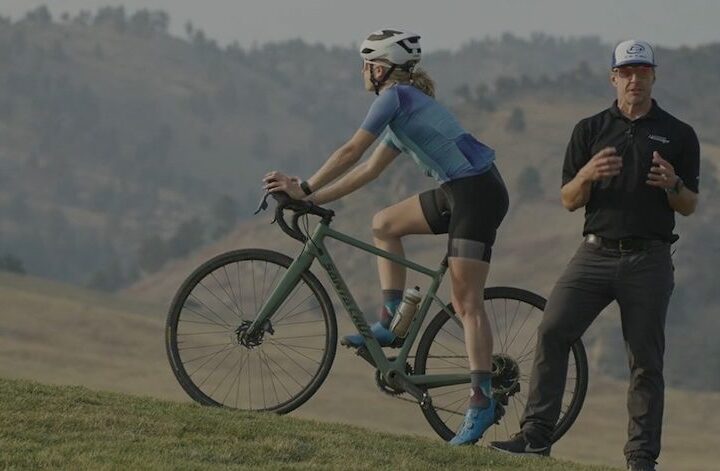
Coach Grant Holicky describes how athletes are impacted by the additional experts and services that coaches make available to them.

Coach Ryan Kohler talks with Joe Friel about how to help athletes navigate the misinformation around nutrition by partnering with the right experts.
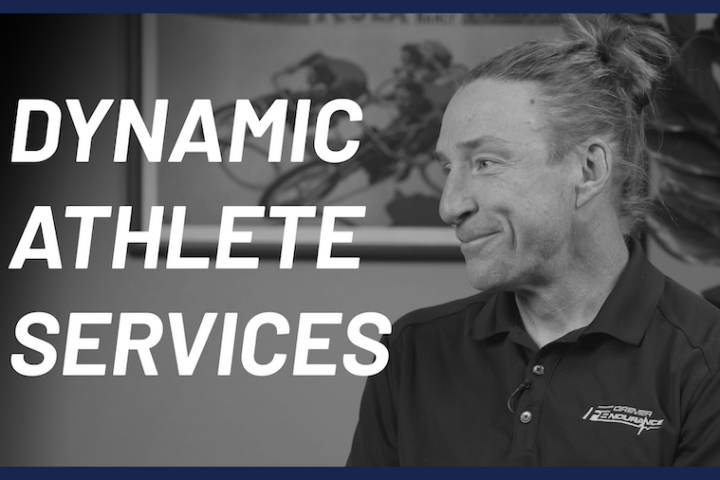
With more ways to deliver individualized training, coaches are well-positioned to reach more athletes.
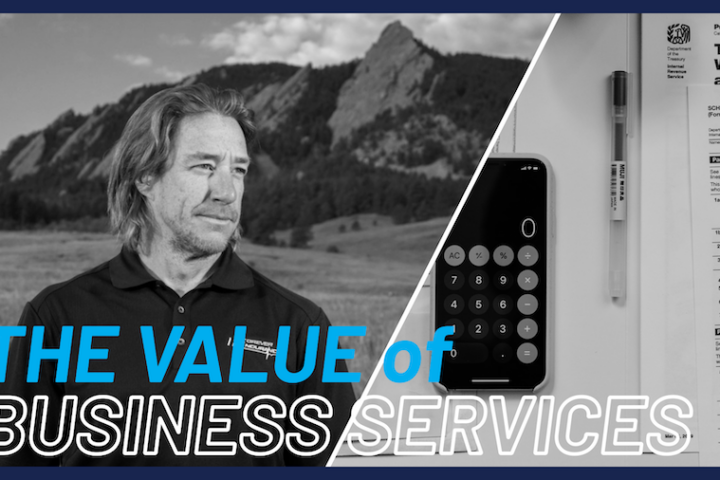
Many coaches are happy to focus their energy on coaching, not running a business. Some coaches choose to outsource specific tasks through business services.

These Playbooks are free downloads that augment the useful content in The Craft of Coaching with Joe Friel through deeper dives into specific aspects of coaching.
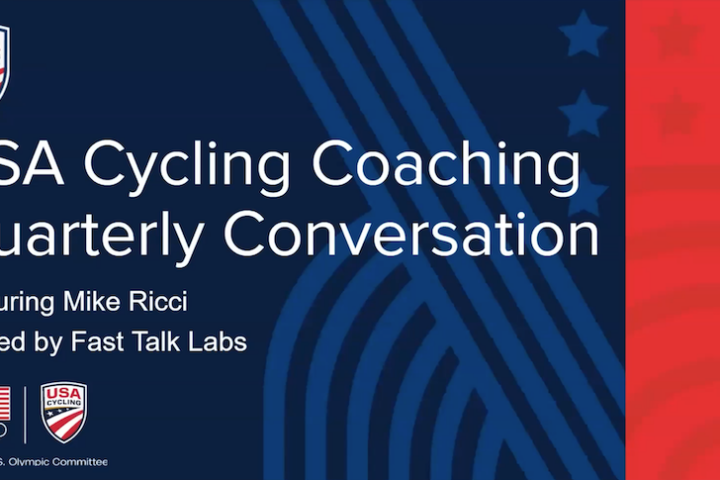
Watch the recording of the May 6, 2022 Quarterly Conversation featuring Mike Ricci, on the business of coaching, and Jon Tarkington, on the state of coaching education.
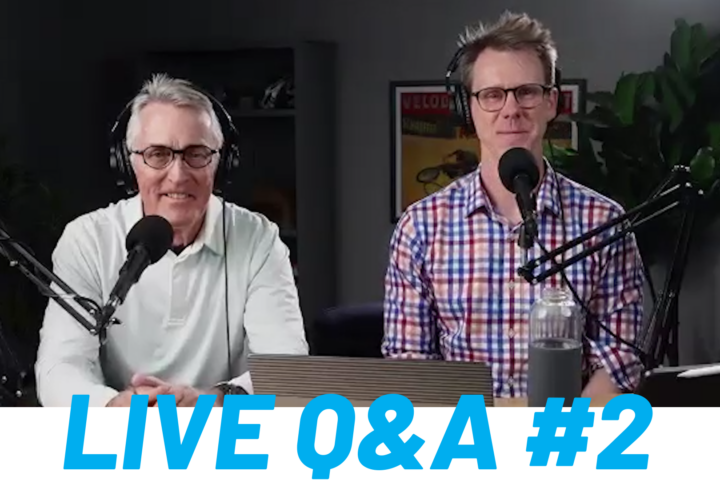
Coaches ask their questions during this recording of a live Q&A with coach Joe Friel. This event covered many topics including the business of coaching, motivating athletes, helping athletes reach difficult goals, and how to help athletes balance life and training.
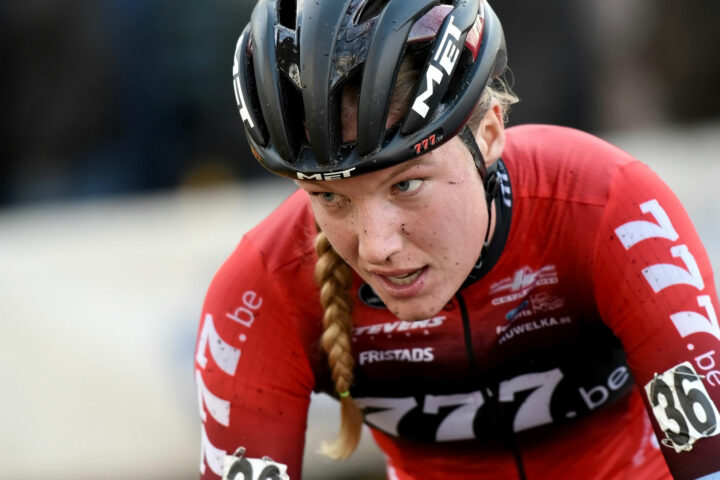
The very best athletes are as strong mentally as they are physically. In the Sport Psychology Pathway from Fast Talk Labs, we explore how to build mental skills with experts like Dr. Simon Marshall, Julie Emmerman, Grant Holicky, Lesley Paterson, and Julie Young.
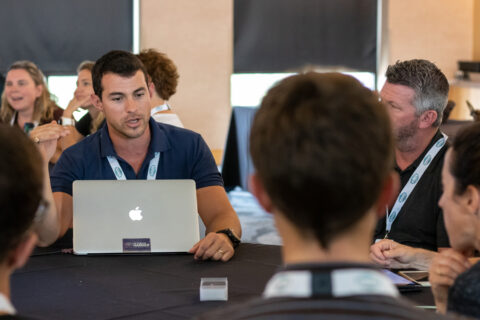
Find out how successful coaches navigated the challenges of getting started, becoming profitable, marketing for growth, and building a team into long-lasting businesses.

Joe Friel explores the pros and cons of different options available to coaches, both online or face-to-face. Consider the quality of the service you deliver, the time investment, what it’s worth, and the level of expertise required.
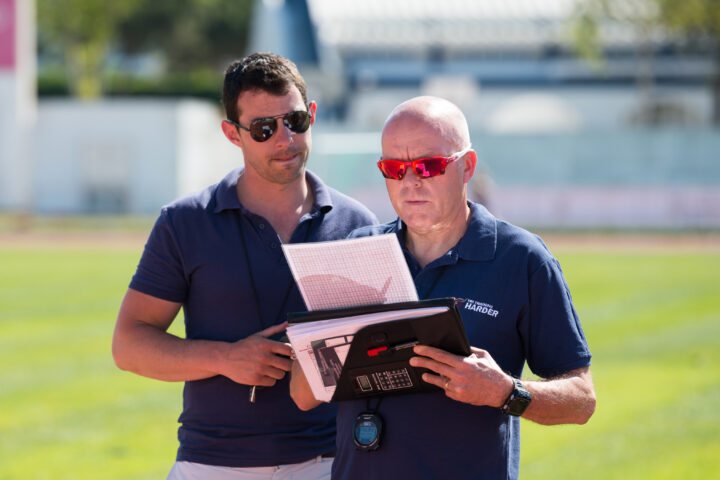
Coach Philip Hatzis is in the business of positioning coaches for growth, both professionally and financially. He describes the mindset that every coach needs to embrace before they can effectively grow their business.
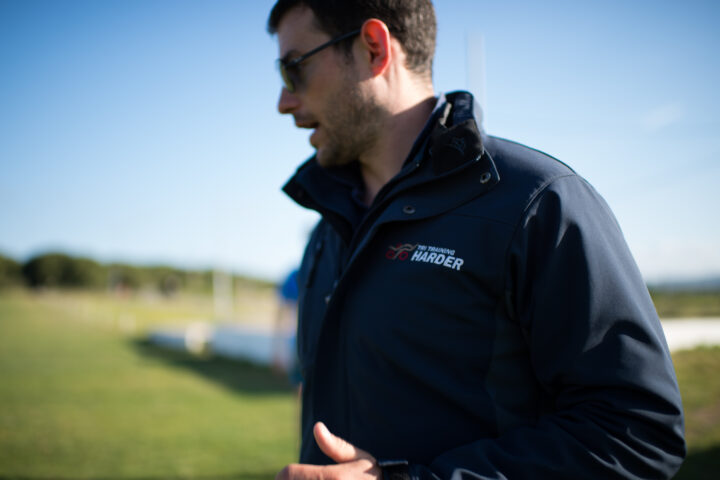
When and why did you start a coaching business? I started the business in 2010 while at university. Initially, I was all set to go into the Army. However, Tri Training Harder took over. A couple of friends and I set up the business to get some work experience as we needed a summer internship […]
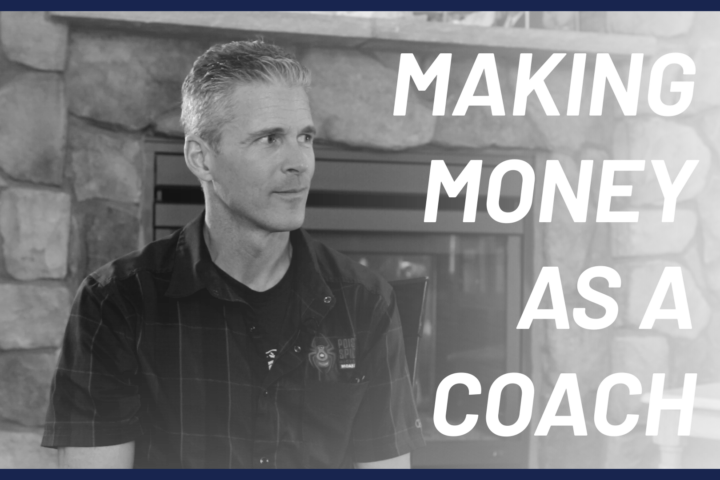
Gordo Byrn used his racing career to build a coaching business. It started as a side gig to cover his racing habit, but, like many coaches, eventually he had to figure out how to turn a profit . . . and fast. Coming from the world of finance, Gordo brings a unique perspective to the business of coaching.